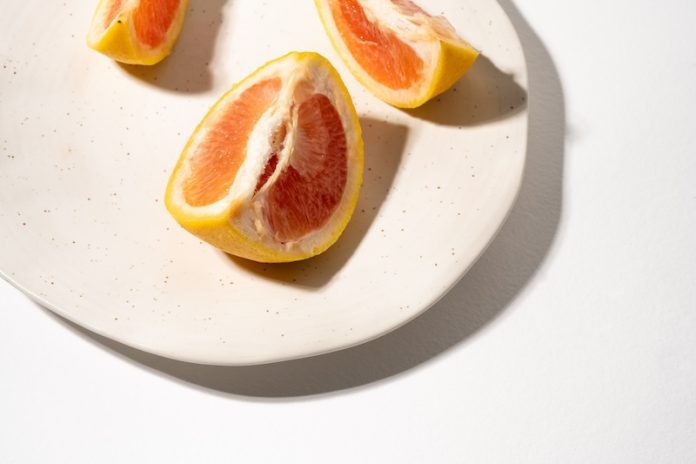
Dealing with acid reflux or Gastroesophageal Reflux Disease (GERD) can be uncomfortable and even painful.
This guide is designed to provide clear, straightforward information about the types of foods that can worsen these conditions, based on recent studies and research.
Understanding Acid Reflux and GERD
Acid reflux is a common condition where stomach acid flows back into the esophagus, causing a burning sensation known as heartburn.
When this happens frequently, it’s termed GERD. GERD not only causes discomfort but can also lead to more serious health issues if not managed properly.
Foods That Trigger Acid Reflux and GERD
Certain foods and beverages can increase the likelihood of acid reflux or aggravate GERD symptoms. Here’s a breakdown of the common culprits:
High-Fat Foods:
-
- Why they’re bad: Fatty foods, particularly fried foods, can relax the lower esophageal sphincter (LES), which needs to stay tight to keep stomach acids down. They also take longer to digest, increasing the likelihood of reflux.
- Examples: Fried foods, full-fat dairy products, fatty meats, and creamy sauces.
Citrus Fruits and Juices:
-
- Why they’re bad: Citrus fruits are acidic and can irritate the esophagus lining.
- Examples: Oranges, lemons, limes, and grapefruit.
Tomatoes and Tomato-Based Products:
-
- Why they’re bad: Like citrus, tomatoes are naturally acidic and can lead to reflux symptoms.
- Examples: Fresh tomatoes, tomato sauce, and ketchup.
Spicy Foods:
-
- Why they’re bad: Spicy foods can irritate the esophagus and worsen reflux symptoms.
- Examples: Hot peppers, curry, salsa, and hot sauces.
Chocolate:
-
- Why it’s bad: Chocolate contains caffeine and theobromine, which may relax the LES.
- Examples: All types of chocolate, including milk, dark, and white.
Caffeinated Beverages:
-
- Why they’re bad: Caffeine can relax the LES, allowing acid to escape the stomach.
- Examples: Coffee, tea, and some soft drinks.
Alcoholic Beverages:
-
- Why they’re bad: Alcohol can irritate the esophagus and relax the LES.
- Examples: Wine, beer, and spirits.
Onions and Garlic:
-
- Why they’re bad: These can irritate the lining of the esophagus and worsen heartburn.
- Examples: Raw onions, garlic, and dishes heavily flavored with them.
Carbonated Beverages:
-
- Why they’re bad: Carbonation can bloat the stomach, increasing pressure and pushing stomach acid back up.
- Examples: Soda and sparkling water.
Peppermint:
-
- Why it’s bad: Peppermint can relax the LES, exacerbating reflux.
- Examples: Peppermint tea, candies, and gum.
Research and Evidence
Multiple studies have supported these findings. For instance, research published in the “Gastroenterology” journal found that fatty and fried foods significantly increase GERD symptoms.
Another study in the “World Journal of Gastroenterology” noted that both alcohol and caffeine intake were associated with increased acid reflux episodes.
Diet Adjustments for Relief
Making dietary changes can significantly alleviate symptoms of acid reflux and GERD. Here are some practical tips:
- Eat smaller, more frequent meals: This can reduce the pressure on your stomach and LES.
- Stay upright after eating: Gravity can help keep stomach acid in its place.
- Avoid eating close to bedtime: Lying down soon after eating can trigger reflux.
- Chew gum after meals: Chewing gum stimulates saliva production, which can help neutralize stomach acid.
Listening to Your Body
Not everyone will have the same triggers. It’s important to listen to your body and note which foods exacerbate your symptoms. Keeping a food diary can be a helpful way to identify personal triggers.
Conclusion
Understanding the types of foods that worsen acid reflux and GERD is essential for managing these conditions. By being mindful of what you eat and making necessary dietary adjustments, you can reduce symptoms and improve your quality of life.
Remember, everyone is different, so it’s important to find a diet that works best for you and your body. With careful management, it’s possible to enjoy a wide variety of foods without discomfort.
Follow us on Twitter for more articles about this topic.
Copyright © 2023 Scientific Diet. All rights reserved.








